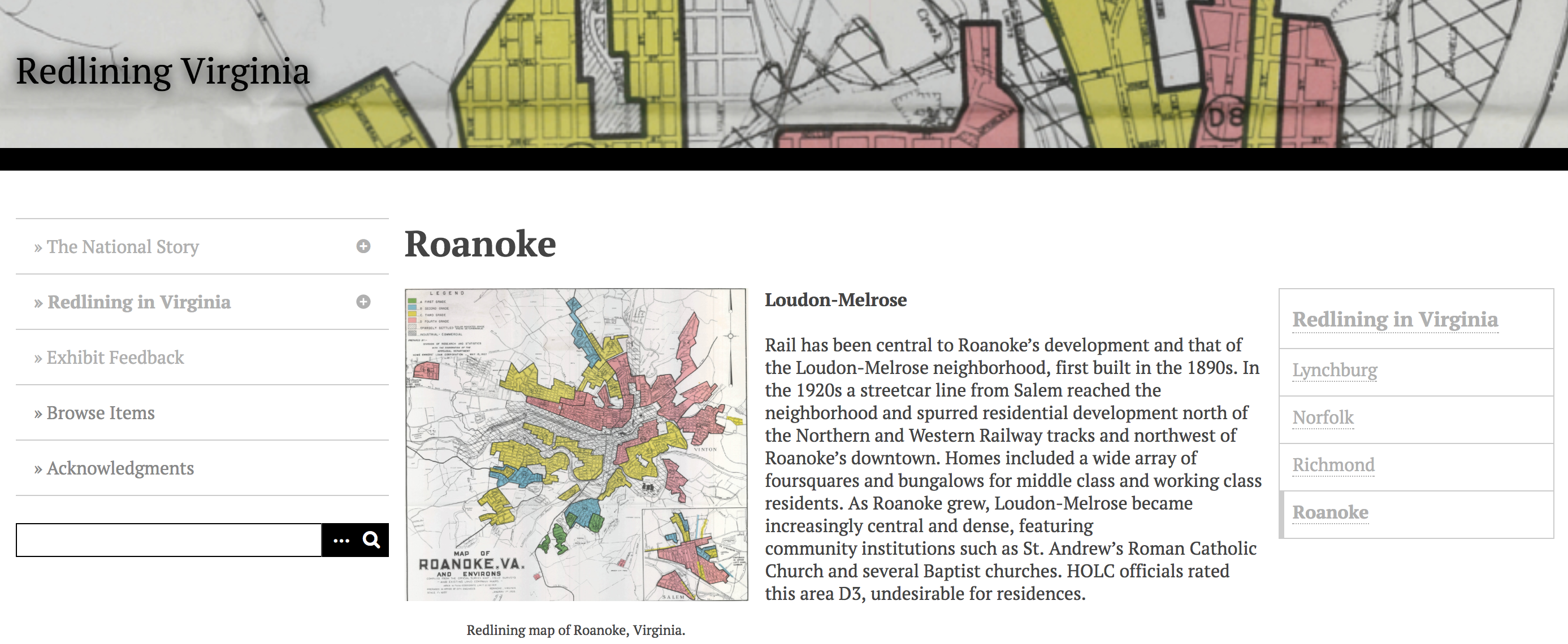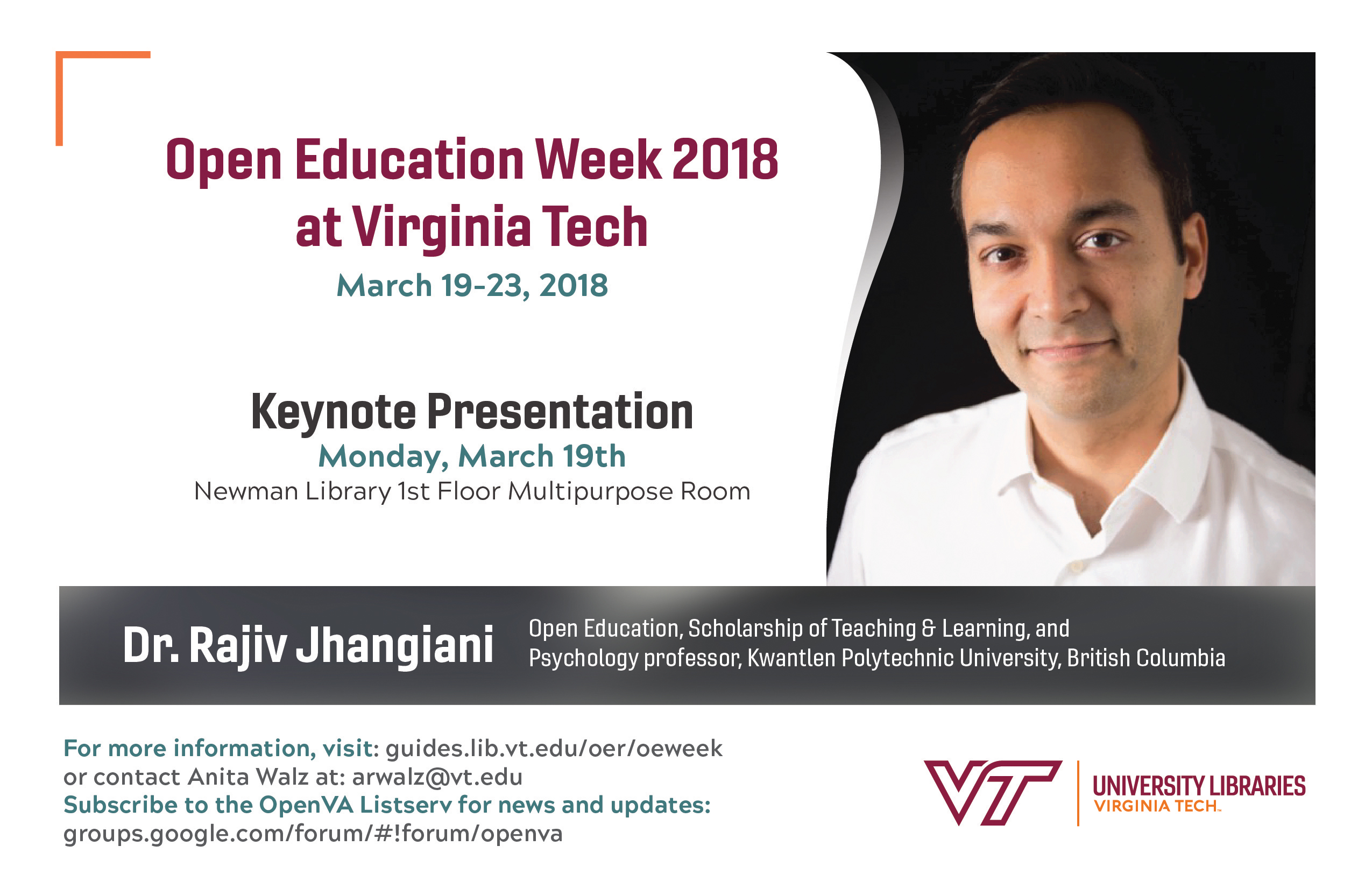Only two years after the launch of The American Soldier in World War II transcription project on the Zooniverse site, 65,000 pages of digitized survey responses have been transcribed and the first phase of the project is coming to a close. After a large amount of work done by project partners and citizen archivists, those involved on the project are ready to commemorate and celebrate these achievements on May 8th, VE Day.
The American Soldier in World War II project started on Zooniverse in May 2018, after Virginia Tech Professor Dr. Ed Gitre discovered the collection of first hand survey responses from soldiers at the National Archives in 2009. He then worked to have these records digitized and transcribed, so that they can one day be part of a searchable database.
These records have been transcribed online by participants who are connected to the project in various ways, some as Virginia Tech students, faculty, and staff. Some participants are veterans, and some have worked on transcribing just because they felt connected to the process or to the war, most often because they had a relative who had served in some capacity.
To encourage transcription, Virginia Tech Publishing has utilized its Athenaeum space to host “Transcribathons” where people can transcribe together online while listening to music from the era, learning fun facts, and earning prizes for transcribing. An in-person transcribathon which was planned for VE day has moved entirely online and will take place via zoom, now as a celebration.
The zoom event will start with an interview with the project director, Ed Gitre, then feature interviews with students and citizen archivists who have transcribed online throughout the project and contributed a large amount of completed transcriptions.
Later on, Digital Humanities Coordinator Joe Forte will host a discussion with historians about the social issues present in the survey responses, women in the war and the civil rights movement. Many of the survey responses contain insights into the attitude towards race during the war, and the feelings of black soldiers during the time period.
The project’s contribution towards World War II scholarship, along with the contribution of the public to the humanities and preservation will also be discussed.
Learn more about the American Soldier project here, and plan to listen in on May 8th.



